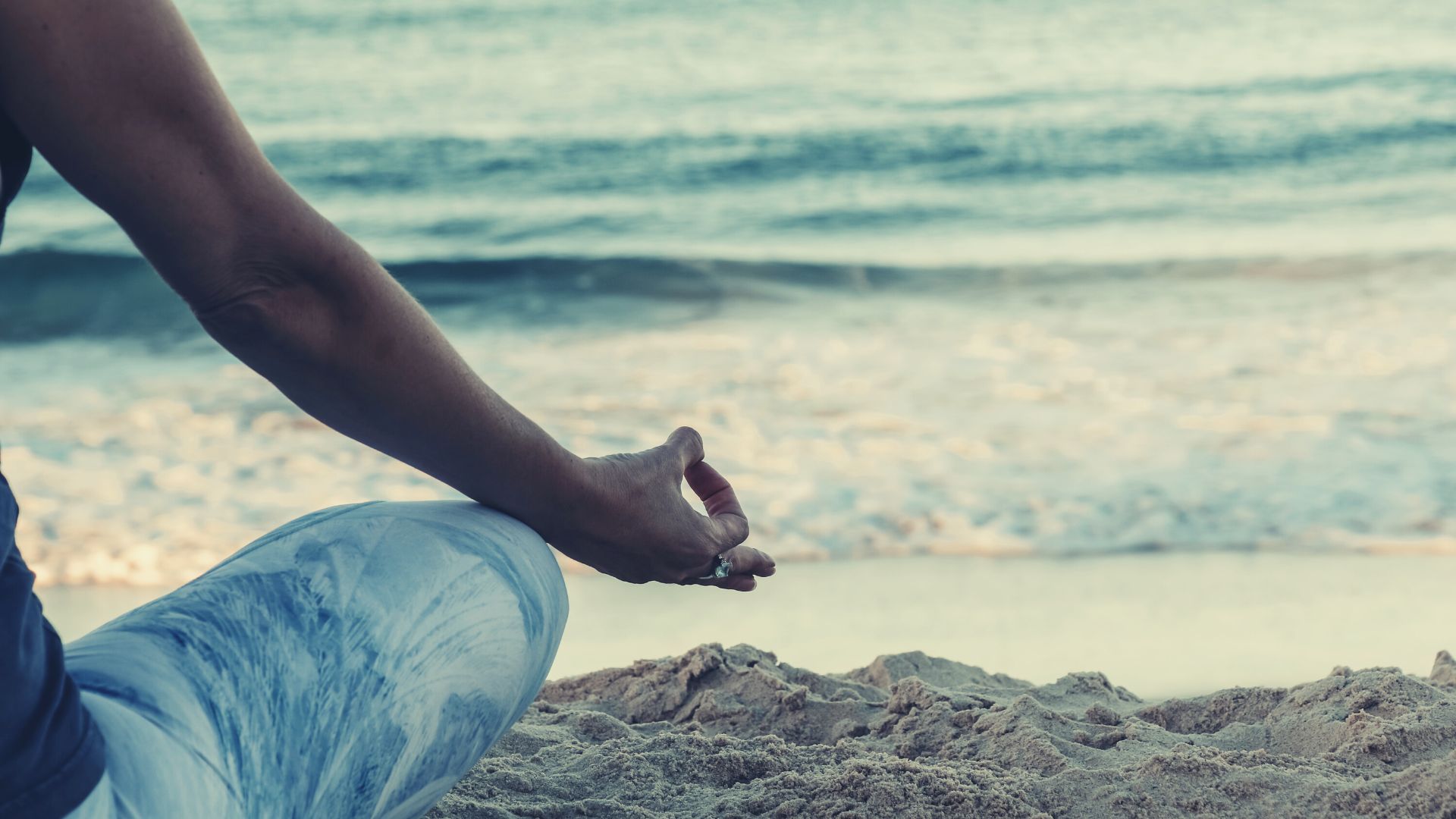Good afternoon!
Psychologists must spend multiple years in school studying humans and how they function. Dr. Edith Eva Eger is a psychologist from Hungary who is admired globally for her positive attitude through life’s harshest predicaments.
In this email, we’ll look at three lessons from her book “The Gift,” which teaches humans to find their greatest strength and knowledge through adversity.

“Difficult situations in life teach us about mental strength, overcoming adversity, and kindness in even the darkest times. Listening to these lessons will set you free.“
– Dr. Edith Eva Eger
You can choose to be a victim or a survivor.
It’s easy to have a victim mentality when bad things happen in life. It implies that you won’t have to confront the incident, put in the effort to set yourself free, or relive it while you heal.
Dr. Eger advises you to offer love and forgiveness rather than dwelling on the problem or wondering why life chose to deal this particular blow to you. This doesn’t imply that you disregard it or lessen its significance in your life; rather, it indicates that you have stopped trying to modify the past and are prepared to turn to the future.
You can only release your emotions when you talk about them.
Everybody experiences a variety of emotions throughout the course of a day.
According to Dr. Eger, trying to sweep a child’s complaint under the rug is the worst thing you can do when they express their feelings to you. The child learns that their feelings aren’t real as a result. Instead, empathetically ask them to elaborate on how they’re feeling.
There is a tendency to keep everything bottled up inside when experiencing something that doesn’t seem to improve. Some people fear that they won’t be understood or accepted if they vent to another person. But keeping everything inside is not healthy long-term. You must be honest with yourself and express your emotions. Spending some time alone with your emotions can be an excellent place to start if you’ve never really expressed them before.
Allow yourself some time each day to assess your feelings, and then have the courage to be vulnerable and communicate those emotions in order to let them go.
Learn to be your own best friend.
There is nothing wrong with doing nice things for other people or being there for those around you; however, none of it is worthwhile if you’re neglecting your needs. It isn’t selfish to love yourself — it’s necessary.
Dr. Eger advises developing a greater awareness of the little things in life and finding delight in them. That may be the flavor of your preferred chocolate bar, the sensation of fresh air on your face after spending the day indoors, or the taste of water when you’re hot and thirsty. The more you tune into these tiny, seemingly insignificant things, the more you concentrate on yourself. They are life’s little pleasures.
Stop and take a break if you become weary. When you are hungry, select foods that will energize both your body and mind. Put yourself first and learn to accept doing things for yourself.
Keep going!
??



